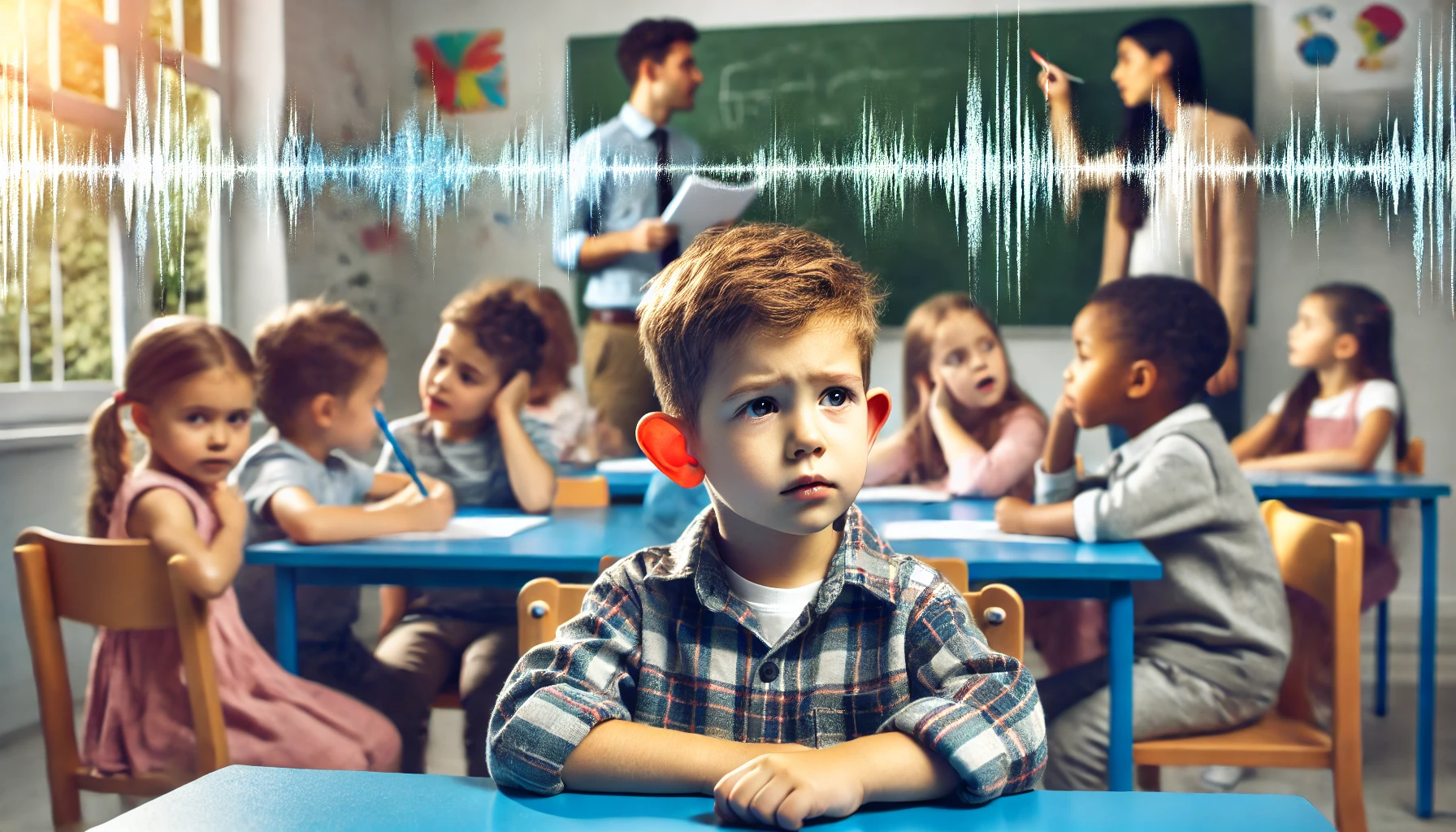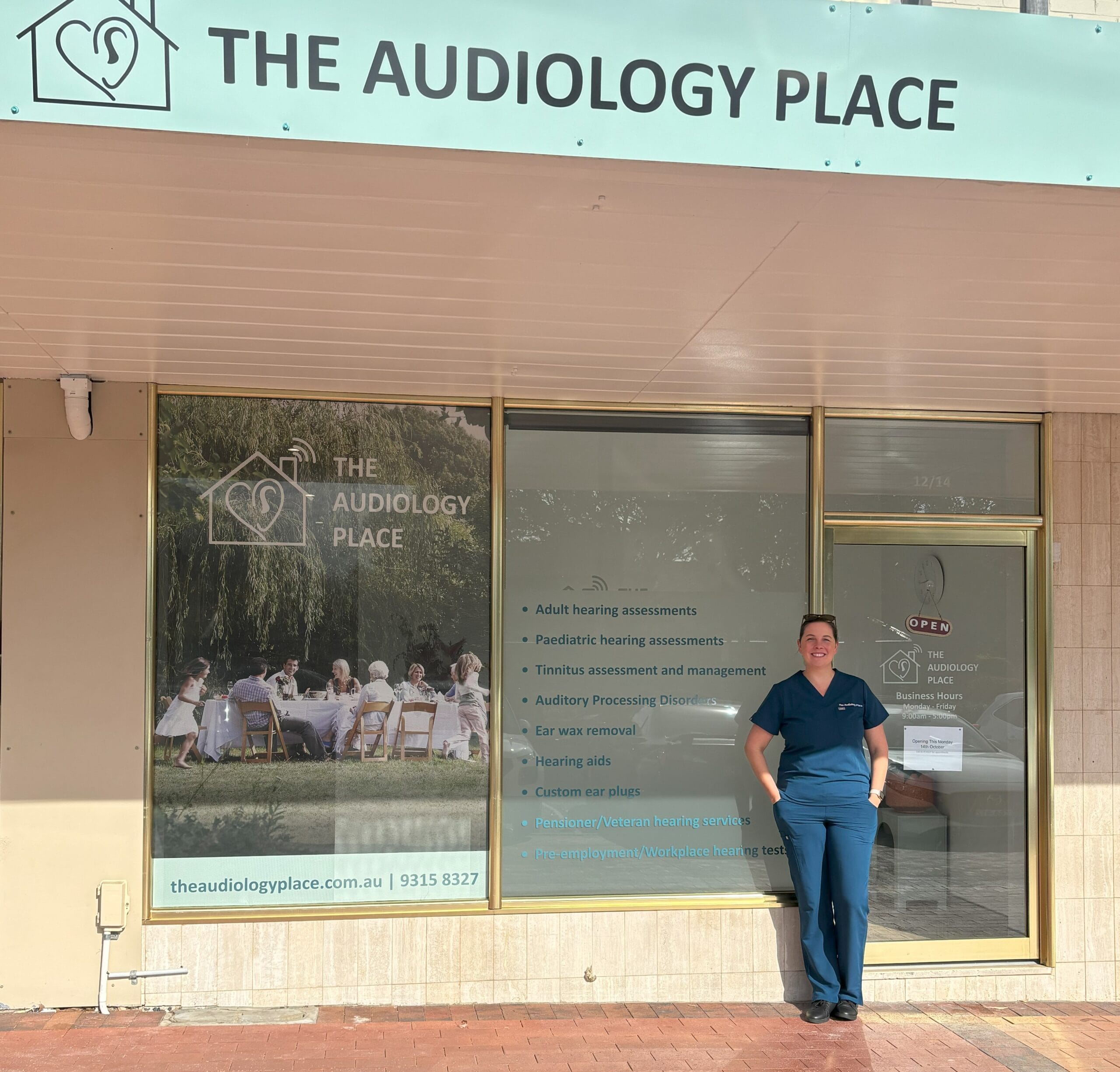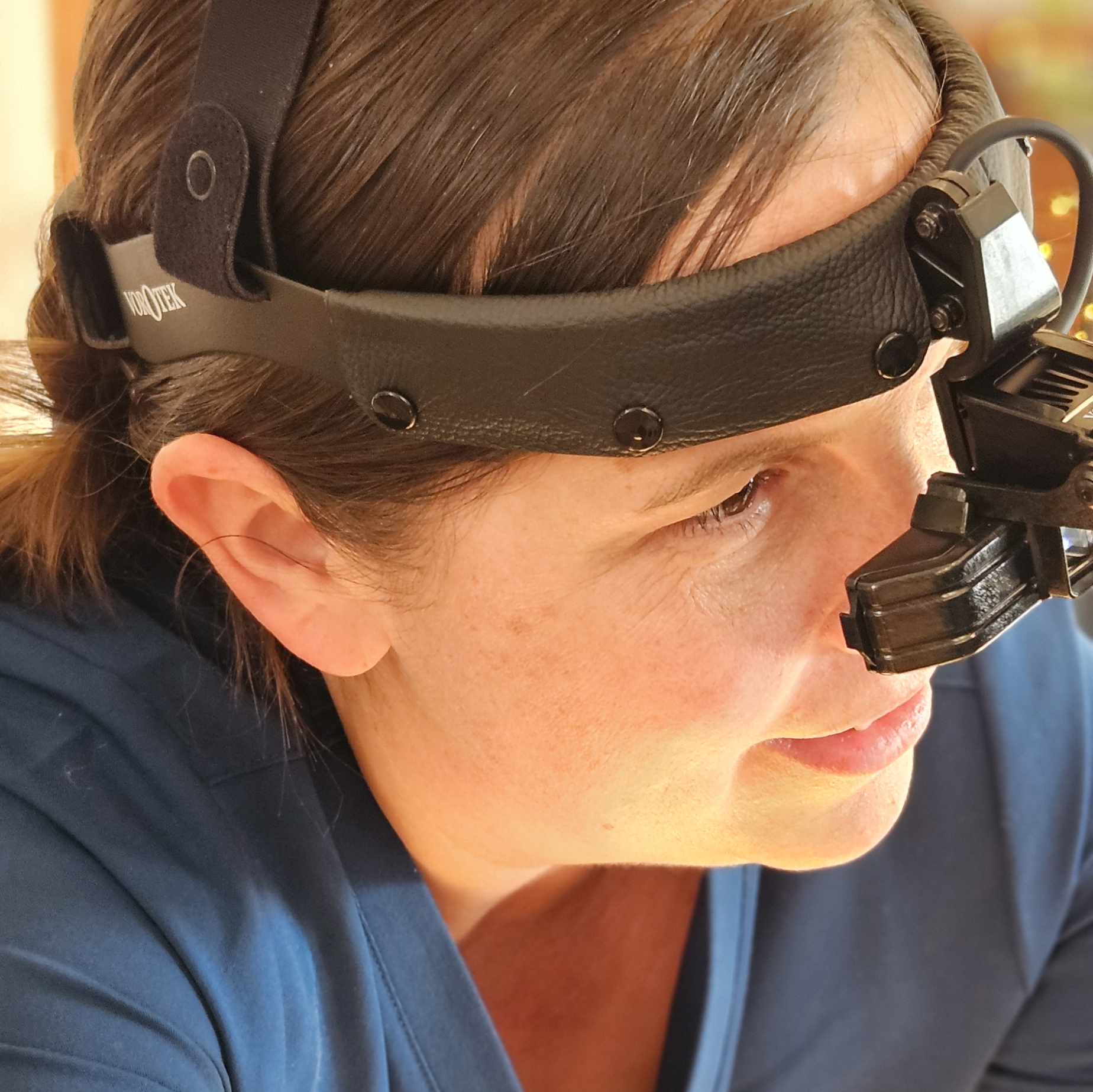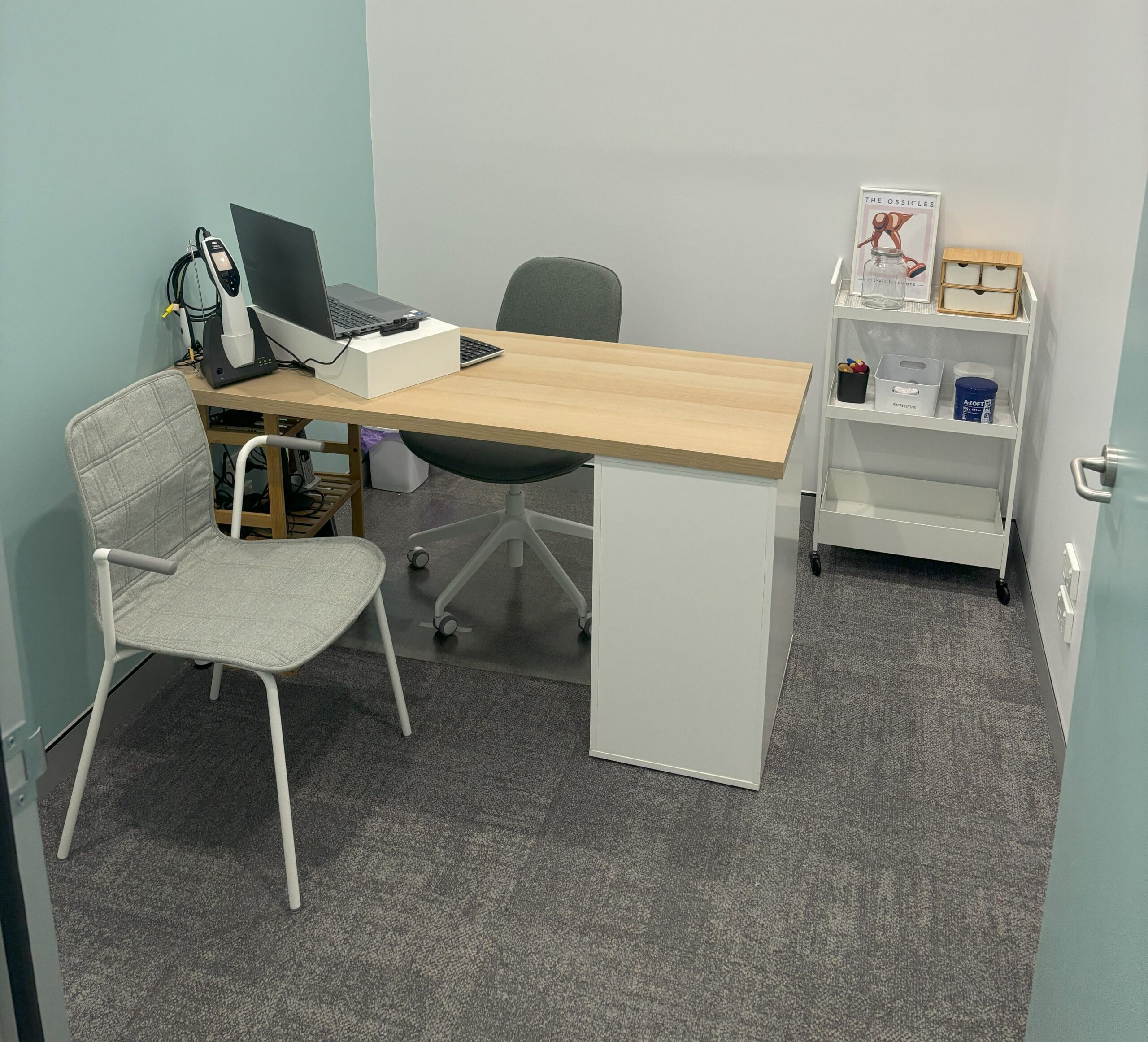Auditory Processing Disorders
Auditory Processing is the brain’s ability to analyse and recognise different sounds, and give them meaning for us. It is what the brain does with what it hears. The brain analyses all the sounds it hears and creates an ‘image’ of each sound. These images can then be compared to other stored images, and then we are instantly able to recognise that sound. When the brain analyses a sound that does not match with a stored image of a recognisable sound (e.g. a foreign language or a new alarm sound) it is not able to give any meaning to that sound.

Early Intervention
Early intervention with APD can help your child significantly in class room situations.

Treatment Options
There are a range of treatment options available that will improve your child's learning and understanding

Independent Clinic
We are an independent clinic, with no ties to corporate entities, which means we can help you in whatever way is needed. We have no bias in treatement.

20 years' experience
Dr Signe has over 20 years experience in treating and managing Auditory Processing Disorders. You are in good hands.

First Appointment
The initial appointment is a full hearing assessment, a comprehensive diagnostic hearing assessment, which is necessary before proceeding with the APD test battery. If hearing loss or middle ear issues are detected, we will need to address these concerns first, and the APD assessments cannot proceed.

Second Appointment
During the second appointment, the audiologist will review the case history and discuss the patient’s listening concerns. The APD test battery will then begin, incorporating a mix of headphone-based tests and live voice assessments.

What is an Auditory Processing Disorder (APD)?
An Auditory Processing Disorder is when the brain is not able to analyse, process or store theses sound ‘images’ properly, and affects approximately 3-5% of school-aged children. Some children have perfectly normal hearing but show symptoms that are similar to hearing loss, such as frequently asking for repetition, mishearing, or appearing to “zone out” when they are supposed to be listening in a classroom. People with APD also have trouble hearing speech in noisy environments, or when speech is unclear. They may appear to have difficulties with following instructions or cannot hear the subtle differences between words. Some children with APD may also struggle with the prosodic cues of speech, such as intonation, making it difficult for them to understand sarcasm or jokes. Others with APD may exhibit poor musical appreciation. All these difficulties can affect phonemic awareness, which in turn affects their later literacy, resulting in poor academic performance or performance below their cognitive abilities. They may just seem like they are not paying attention, when they are actually working harder than most to try and make sense of what they are hearing.
Children with APD have often had a history of middle-ear pathology at a critical time in their learning of speech sounds. APD can also occur where there is a family history of similar difficulties, suggesting it could have a genetic component.
When APD occurs in children, it can lead to learning difficulties and sometimes behavioural issues as they struggle to process sounds and maintain concentration. A parent, specialist or teacher may suspect a child with APD if they have:-
- Difficulty following instructions
- Difficulty understanding speech in the presence of background noise
- Difficulty learning in background noise
- Difficulty with direction of sound (localisation)
- Difficulty with reading and spelling
- Becomes easily distracted
- Poor verbal skills
- Behavioural and self-esteem issues

